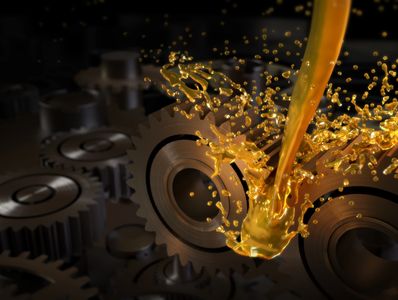14 DONKIN RD, ARMSTRONG, WASHINGTON, NE37 1PF | 0191 338 5383
Gearboxes - what can we do?

Gearbox inspections & diagnostics – identify noises, leaks, or hard-to-engage gears.
Did you know? Early checks on noises, leaks, or stiff gear changes can prevent costly rebuilds and avoid sudden breakdowns.
Manual gearbox repairs & rebuilds – fix worn bearings, synchros, shafts, and seals.
Value add: We replace worn bearings, synchros and seals to restore smooth, quiet shifting and extend gearbox life.

Gearbox oil & filter change – extend gearbox life and maintain smooth shifting.
Value add: Fresh oil and filters reduce heat and friction, protecting internal gears and saving on future repairs.
Gear linkage & selector repairs/adjustments – cure stiff, sloppy or misaligned gear changes.
Did you know? Stiff or sloppy gear changes often come from worn or misaligned linkages—an easy fix that restores precision.
Driveshaft & CV joint replacement – essential for noise-free, vibration-free power delivery.
Tip: Clicking or vibration under acceleration usually points to a failing CV joint - early replacement prevents gearbox stress.
Input/output shaft seal replacement – stop leaks that can quickly damage the gearbox.
Did you know? Leaking seals let oil escape and can ruin a gearbox in weeks. Quick replacement stops damage before it starts.

Transfer box servicing & repairs – for 4x4 and AWD vehicles.
Value add: Correct fluid levels and clean bearings ensure power is delivered smoothly to all wheels, critical for 4x4 safety.
Differential servicing – including oil change, bearing replacement and noise diagnostics.
Tip: Whining or humming while cornering often means worn differential bearings - our servicing restores quiet, efficient power transfer.
Clutch-to-gearbox integration checks – ensure new clutches and gearboxes work together perfectly.
Value add: After clutch work, we ensure perfect alignment with the gearbox for trouble-free gear changes and longer component life.

Gearbox mount and support replacement – reduce vibration and protect surrounding components.
Did you know? Worn mounts cause vibration and noise that can damage surrounding components. Replacing them keeps the drivetrain secure.
Complete gearbox replacement or reconditioning – supply and fit new or reconditioned units.
Value add: When repair isn’t economical, we can source and fit new or fully reconditioned units - complete with warranty - for long-term reliability.
Got a Question About Gearboxes?
Please reach us at craggsrecovery@gmail.com or give us a call 01913385383 if you cannot find an answer to your question.
Warning signs include grinding or whining noises, leaking oil, delayed or jerky gear changes, gears slipping out of place, or a burning smell.
A well-maintained gearbox can last the lifetime of the vehicle. However, heavy towing, stop-start driving, or neglecting oil changes can shorten its lifespan.
Most manual gearboxes benefit from an oil change every 40,000–60,000 miles. Automatic and dual-clutch systems often need a fluid and filter change at similar intervals—check your manufacturer’s schedule.
It may still move, but continued driving risks major damage and higher repair costs. We recommend immediate inspection.
Manuals use a clutch and driver input. Automatics shift on their own using hydraulic systems and torque converters. Dual-clutch gearboxes use two clutches for very fast, smooth shifts.
Gearboxes are not directly tested, but issues like fluid leaks, insecure mounts or difficulty selecting gears can lead to an M.O.T fail.
Possible causes include worn gearbox mounts, driveshaft or CV joint issues, or internal gearbox wear. We can pinpoint the source.
The differential allows wheels to rotate at different speeds during turns. Regular oil changes and bearing checks help prevent costly repairs.
Simple seal replacements may take a few hours. Full gearbox rebuilds or replacements typically require 1–2 days, depending on parts availability.
Regular fluid changes, gentle driving (especially when cold), and addressing small leaks or noises early are the best ways to keep your gearbox healthy.